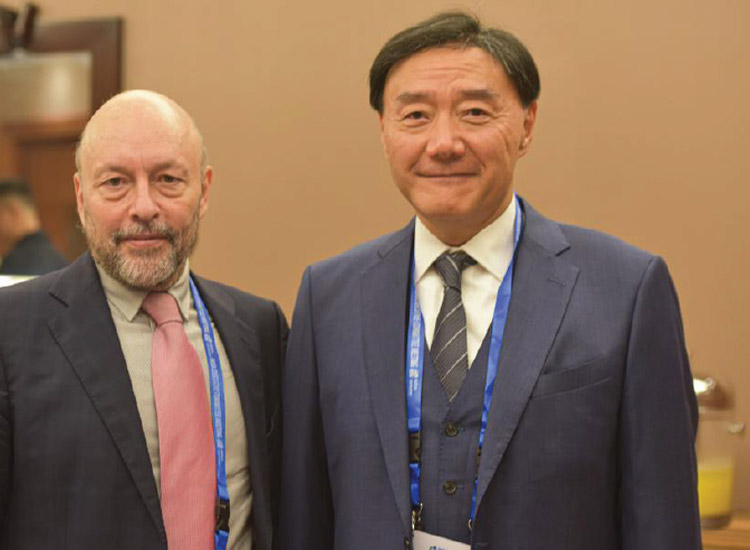A CardPlayer Brasil™ é um produto da Raise Editora. © 2007-2025. Todos os direitos reservados. É proibida a reprodução total ou parcial do conteúdo deste site sem prévia autorização.
Lançada em Julho de 2007, a Card Player Brasil reúne o melhor conteúdo das edições Americana e Européia. Matérias exclusivas sobre o poker no Brasil e na América Latina, time de colunistas nacionais composto pelos jogadores mais renomados do Brasil. A revista é voltada para pessoas conectadas às mais modernas tendências mundiais de comportamento e consumo.
contato@cardplayer.com.br
31 3225-2123

